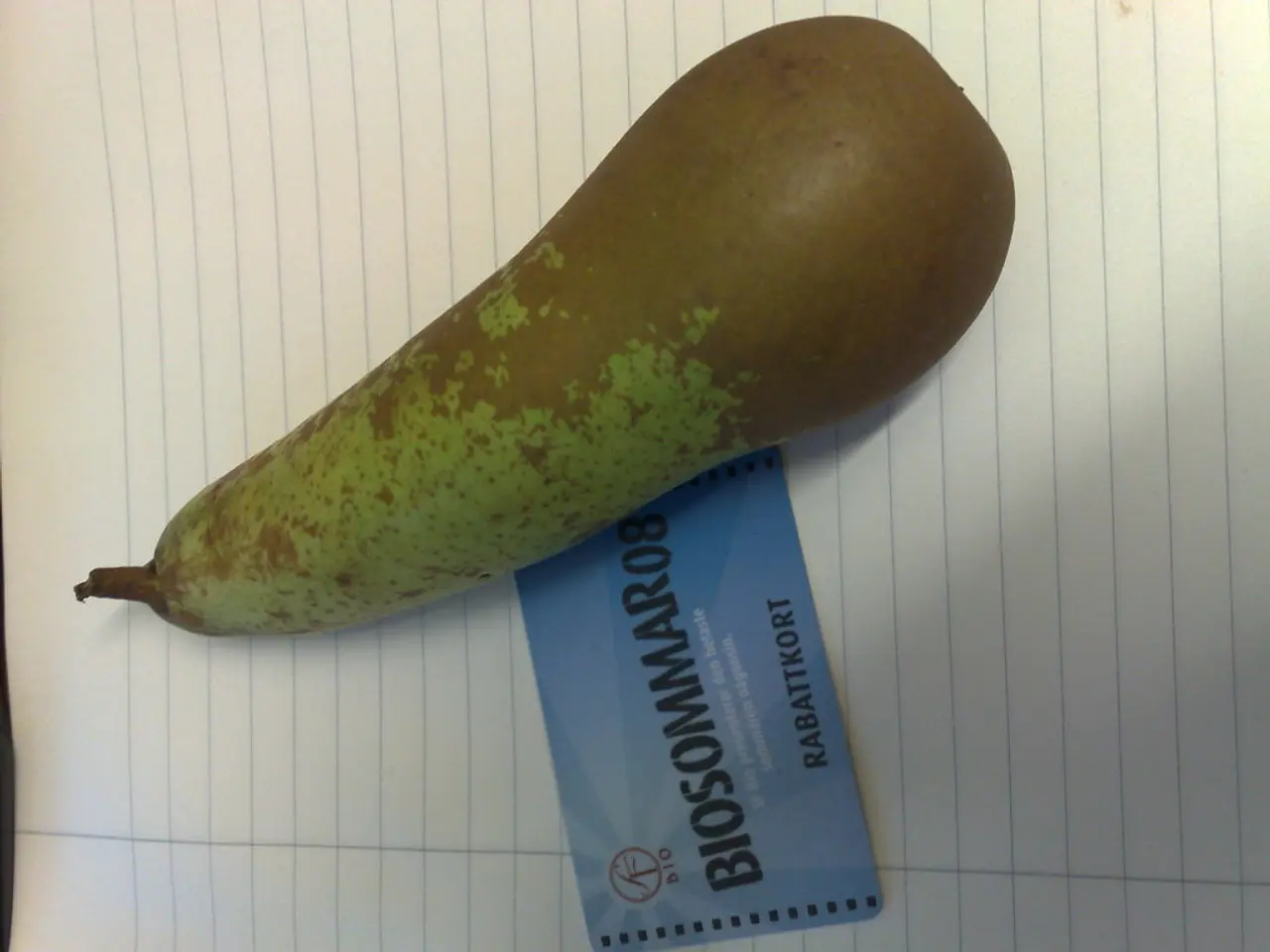Gout Episodes: Causes, Remedies, and Further Details
Gout is a rheumatic disease that causes chronic inflammatory arthritis, often characterised by sudden, intense episodes of pain, swelling, discoloration, heat, and stiffness in the joints, particularly the big toes. These episodes, known as gout flare-ups, can be debilitating but are typically short-lived, lasting a few days, with no symptoms between episodes.
Several factors can trigger gout flare-ups, with the main trigger varying from person to person. Genetics, older age, being assigned male at birth, having certain other conditions, and environmental factors all play a role in the risk of gout and gout flare-ups.
One significant environmental factor is diet. Consuming high-purine foods and alcohol can increase the risk of gout flare-ups. High-purine foods, such as red meats (beef, pork, lamb, and goat), organ meats (liver, kidneys, and sweetbreads), seafood (especially shellfish and oily fish like anchovies, sardines, mussels, and to a lesser extent tuna), and alcohol (particularly beer) contain purines that raise uric acid levels in the blood. Sugary drinks and foods, especially those high in fructose, can also contribute to a high uric acid concentration in the body and the risk of gout flare-ups.
Yeast and yeast-containing foods, including brewer's yeast, yeast extracts (like Marmite), certain breads, and some beers, can increase purine intake and gout risk. Obesity also increases the risk of gout flare-ups due to a higher body mass index.
To manage gout symptoms effectively, it's essential to limit these high-purine foods and focus on a low-purine, anti-inflammatory diet. This may include foods like citrus fruits, low-fat dairy, tofu, and coffee. Proper hydration is also crucial, as dehydration can cause the uric acid level in the blood to rise, increasing the risk of gout flare-ups.
In addition to dietary modifications, lifestyle changes can help manage gout. Maintaining a moderate weight, reducing alcohol intake, and avoiding purine-rich foods can all help reduce the risk of gout flare-ups.
When a gout flare-up occurs, short-term treatment strategies include reducing inflammation, taking medication to ease symptoms, and resting with ice packs. Treatment plans for gout flare-ups aim to reduce inflammation and can include nonsteroidal anti-inflammatory drugs, colchicine, celecoxib, systemic glucocorticoids, ice packs, rest, and lifestyle modifications.
It's important to note that having diabetes mellitus increases the risk of gout flare-ups due to increased uric acid production and decreased urine excretion. Joint injuries can also trigger gout flare-ups if a person has a high concentration of urate crystals in the cartilage.
In conclusion, understanding the common triggers of gout flare-ups and implementing preventive measures, such as a low-purine diet, proper hydration, and lifestyle modifications, can help manage this debilitating condition effectively. If you suspect you have gout, it's crucial to consult a healthcare professional for a proper diagnosis and treatment plan.
[1] https://www.ncbi.nlm.nih.gov/pmc/articles/PMC5799924/ [2] https://www.ncbi.nlm.nih.gov/pmc/articles/PMC6062821/ [3] https://www.ncbi.nlm.nih.gov/pmc/articles/PMC6006348/ [4] https://www.ncbi.nlm.nih.gov/pmc/articles/PMC6062821/ [5] https://www.ncbi.nlm.nih.gov/pmc/articles/PMC7020897/
Read also:
- Trump's SNAP reductions and New York City Council's grocery delivery legislation: Problems for city residents highlighted
- Reducing dental expenses for elderlies in Sweden: Over 50% cut in charges for pensioners by the government
- Forty-year-old diet: A list of meal choices to savor
- Exiled Life's Conundrum: A Blend of Liberation, Disillusionment, and Distress





